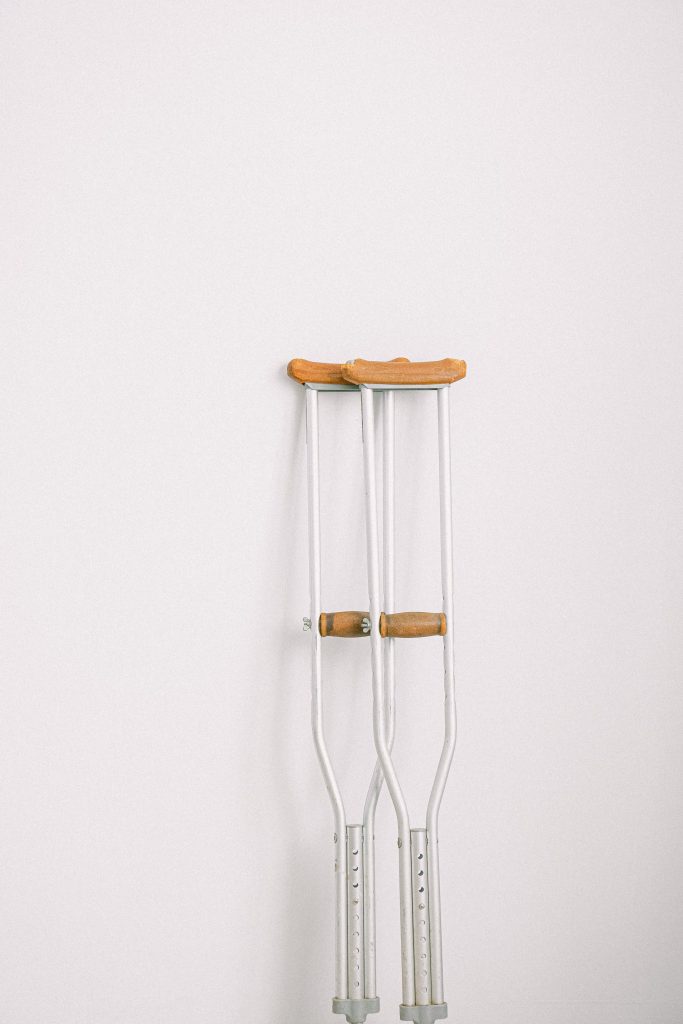In the event of a Accident/Injury, time is valuable, and educating yourself in this claim process will be important later when you communicate with others to seek solutions. Learning some basic processes may prove valuable when attempting to recover your losses and to get your accident or injury claim paid.
Remember that the specific steps and processes for addressing denied or problematic accident/injury third-party insurance claims can vary depending on the insurance company, policy coverage, and local regulations. It is recommended to review the insurance policy, document all communication, seek professional advice from an attorney, and explore your options to resolve the issue effectively. .

.
- Review the denial or explanation: Carefully review the denial letter or explanation provided by the third-party insurance company. Understand the reasons for the denial or the issues raised in the problematic claim. It could involve coverage limitations, liability disputes, documentation requirements, or other factors. space.
- Understand the policy and coverage: Thoroughly review the third-party insurance policy to understand the coverage, exclusions, and conditions related to accident or injury claims. Pay close attention to the specific provisions and requirements for filing claims as a third-party claimant. This will help you determine if the denial is valid or if there are grounds for appeal. .
- Contact the insurance company: Reach out to the third-party insurance company’s customer service or claims department. Request a detailed explanation of the denial or problematic issues specific to your accident/injury claim. Seek clarification on the reasons for the denial and ask for guidance on how to address the issue. .
- Document your communication: Keep a record of all conversations, emails, and letters exchanged with the third-party insurance company regarding the denied or problematic claim. This documentation will be useful if you need to escalate the issue or seek legal assistance. .
- Gather supporting evidence: Collect any additional evidence or documentation that supports your accident/injury claim. This may include photographs, medical records, police reports, witness statements, or other relevant records. Ensure that the evidence aligns with the liability and coverage provisions of the third-party insurance policy. .
- Free community based claims help: Seek support from other customers and professionals on the Claims Avenger may also aid in a resolution. .
- Consult with an attorney: Consider consulting with an attorney specializing in personal injury or insurance law. They can provide guidance on the claim process, review the denial letter and policy, and assist with developing a strategy to challenge the denial or resolve the problematic issues. They can also provide legal representation if necessary. .
- File an appeal: If you believe the denial is incorrect or unfair, file an appeal with the third-party insurance company. Follow their established appeals process and provide all necessary information and supporting documents to bolster your case. Be sure to adhere to any deadlines or timelines specified by the insurance company. .
- Involve regulatory authorities or legal action: If the appeal is unsuccessful or the insurance company remains uncooperative, you may consider involving regulatory authorities, such as your state’s insurance department, or exploring legal options. Consult with your attorney to evaluate the best course of action for your specific situation

